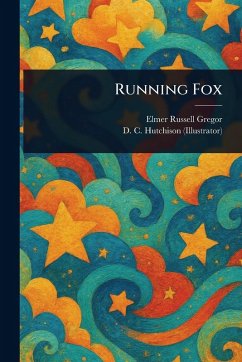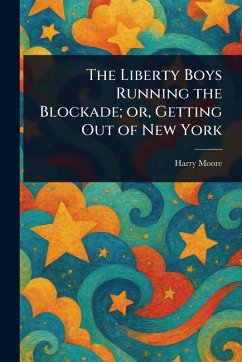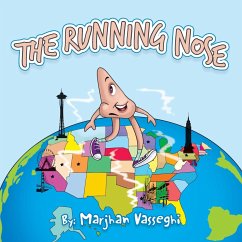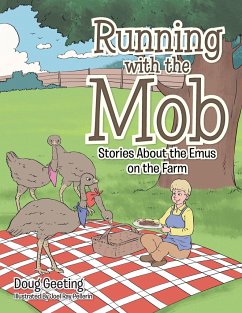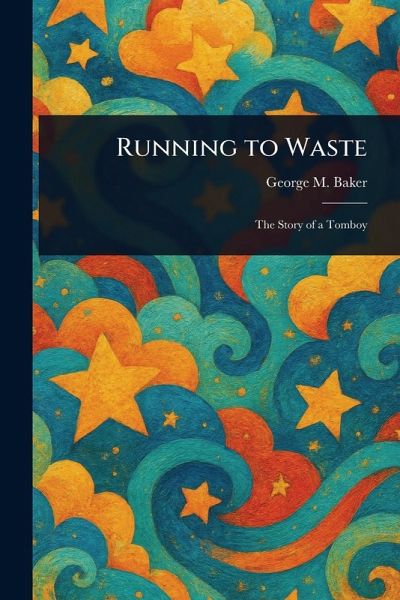
Running to Waste

PAYBACK Punkte
9 °P sammeln!
"Running To Waste: The Story of a Tomboy" by George M. Baker, is a compelling work of 19th-century juvenile fiction exploring themes of family life and disability. This rediscovered classic centers around a young girl, characterized as a tomboy, whose life takes an unexpected turn. The story sensitively addresses the challenges of paralysis, offering a glimpse into the realities of living with a disability during this era. Readers interested in historical portrayals of juvenile experiences and the complexities of family relationships will find this book deeply resonant. Baker's narrative provi...
"Running To Waste: The Story of a Tomboy" by George M. Baker, is a compelling work of 19th-century juvenile fiction exploring themes of family life and disability. This rediscovered classic centers around a young girl, characterized as a tomboy, whose life takes an unexpected turn. The story sensitively addresses the challenges of paralysis, offering a glimpse into the realities of living with a disability during this era. Readers interested in historical portrayals of juvenile experiences and the complexities of family relationships will find this book deeply resonant. Baker's narrative provides a window into a bygone era, examining societal attitudes and the personal struggles faced by individuals and families navigating unforeseen circumstances. This meticulously prepared edition preserves the original text, ensuring an authentic reading experience. This work has been selected by scholars as being culturally important, and is part of the knowledge base of civilization as we know it. This work is in the public domain in the United States of America, and possibly other nations. Within the United States, you may freely copy and distribute this work, as no entity (individual or corporate) has a copyright on the body of the work. Scholars believe, and we concur, that this work is important enough to be preserved, reproduced, and made generally available to the public. We appreciate your support of the preservation process, and thank you for being an important part of keeping this knowledge alive and relevant.





